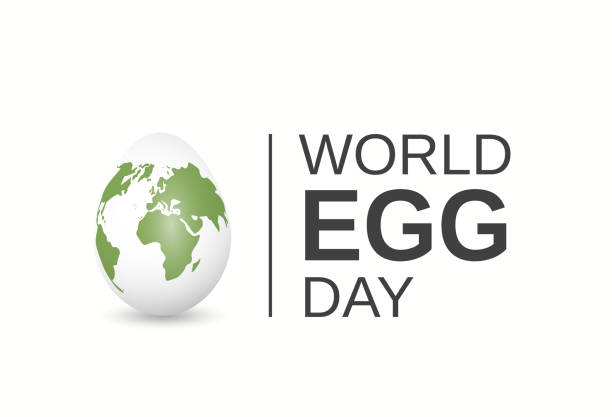A new study conducted by researchers from the Kwame Nkrumah University of Science and Technology (KNUST) has revealed that Ghanaians with only secondary school education are 82.8 per cent more likely to smoke, drawing a correlation between educational attainment and tobacco use in the country.
Published in the peer-reviewed journal Scientific African, the study provides fresh insights into the socioeconomic factors driving tobacco consumption in Ghana, with researchers warning that public health efforts must address the broader social determinants of health if they are to be effective.
The findings show that individuals’ levels of education, income, and place of residence significantly impact their likelihood of smoking. Middle-income earners were identified as comprising 53.4 per cent of tobacco users, while urban dwellers were also found to be more inclined to smoke than their rural counterparts.
“These figures are a wake-up call,” said Dr Joseph Kwasi Brenyah, the study’s lead author from KNUST’s Department of Global and International Health. “We must consider the socioeconomic conditions that influence people’s health behaviours. Tackling non-communicable diseases (NCDs) requires more than just clinical interventions.”
In addition to education and income, other contributors to tobacco use included employment status and access to mass media, all of which were identified as significant in the study’s regression analysis. These socioeconomic variables accounted for over half of the variance in smoking behaviour among the study population.
The study also highlighted stark gender differences in smoking habits. According to the researchers, women were 62.4 per cent less likely to smoke than men, pointing to the need for gender-specific approaches in public health messaging and smoking cessation programmes.
Co-authors on the study included Arti Singh and Professor Ellis Owusu-Dabo, also of KNUST. Together, they argue that the battle against tobacco use must include comprehensive public education campaigns, stricter media regulation, and policy reforms that address persistent inequalities in income and education.





